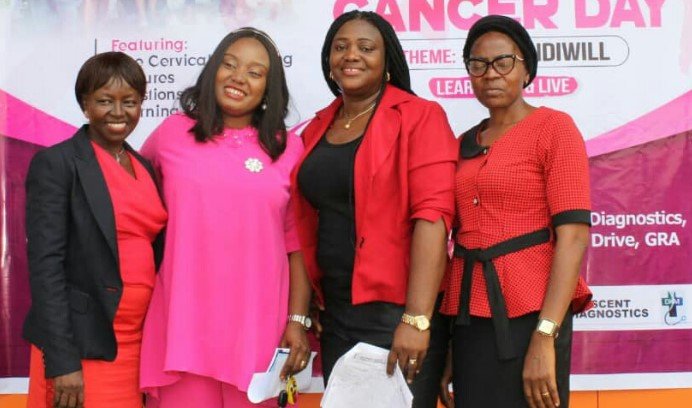On World Cancer Day, experts emphasized the critical role of early detection in combating cancer. As part of ongoing efforts, the State Cancer Institute in Kurnool was inaugurated, marking a significant step towards improving cancer prevention and treatment. The message from health professionals was clear: early detection is just as important as treatment in the fight against cancer.
Raising Awareness and Early Detection
Speaking at the inauguration of the State Cancer Institute, Dr. K Chitti Narasamma, Principal of Kurnool Medical College, highlighted that cancer was far less common two decades ago. She attributed the decrease in cases to healthier diets and more active lifestyles. However, the rise in cancer cases in recent years can be linked to pollution in air, water, and food, as well as lifestyle changes that contribute to the growing health crisis.
Dr. Narasamma called for a return to traditional dietary habits as a means of prevention. She emphasized that the modern surge in cancer cases is largely due to increased consumption of junk food and other unhealthy lifestyle choices. Fasting, low-carb, high-fat diets, and traditional eating habits were once integral to Indian culture, and she urged the public to reclaim these practices as part of their efforts to reduce cancer risk.

In her address, Dr. Narasamma also encouraged the public to take advantage of the Preventive Oncology OPD (222) at the State Cancer Centre, which operates every Tuesday and Thursday. This initiative aims to educate people on the importance of early detection and prevention strategies.
The Role of the State Cancer Institute
The newly established State Cancer Institute in Kurnool is set to offer comprehensive cancer care, including preventive, therapeutic, and palliative services. Dr. Venkateswarlu, Superintendent of the State Cancer Institute, shared that the institute’s services would soon be fully operational. He assured the public that in-patient care and surgical treatments would be introduced shortly, expanding access to vital cancer treatment.
Dr. Venkateswarlu echoed the importance of adopting healthier lifestyles to reduce cancer risk. He cited smoking, alcohol consumption, and unhealthy food choices as major contributors to the rise in cancer cases. With the government’s commitment to making cancer services widely accessible, the institute aims to become a crucial resource for patients in the region.
- Smoking, alcohol, and junk food: major risk factors for cancer.
- In-patient and surgical services will be available soon.
- Focus on preventive care through early detection and lifestyle modifications.
Combating the Cancer Crisis with Lifestyle Changes
As experts continue to highlight the connection between modern lifestyle choices and the rise in cancer cases, the need for lifestyle changes is more pressing than ever. Dr. Narasamma and Dr. Venkateswarlu both stressed the importance of adopting healthier eating habits, including returning to traditional Indian diets, as a powerful tool in preventing cancer.
The government’s focus on preventive healthcare, through initiatives like the State Cancer Institute and the Preventive Oncology OPD, underscores the importance of public awareness. By encouraging people to make simple but impactful changes, such as cutting down on junk food, smoking, and alcohol, the goal is to reduce cancer cases significantly over time.
In addition to diet and lifestyle changes, early detection remains the key message of the day. Cancer treatment is far more effective when detected early, and Dr. Narasamma’s call for regular screenings and preventive care could help save many lives. As the government continues to prioritize cancer prevention, the fight against this devastating disease remains ongoing.
